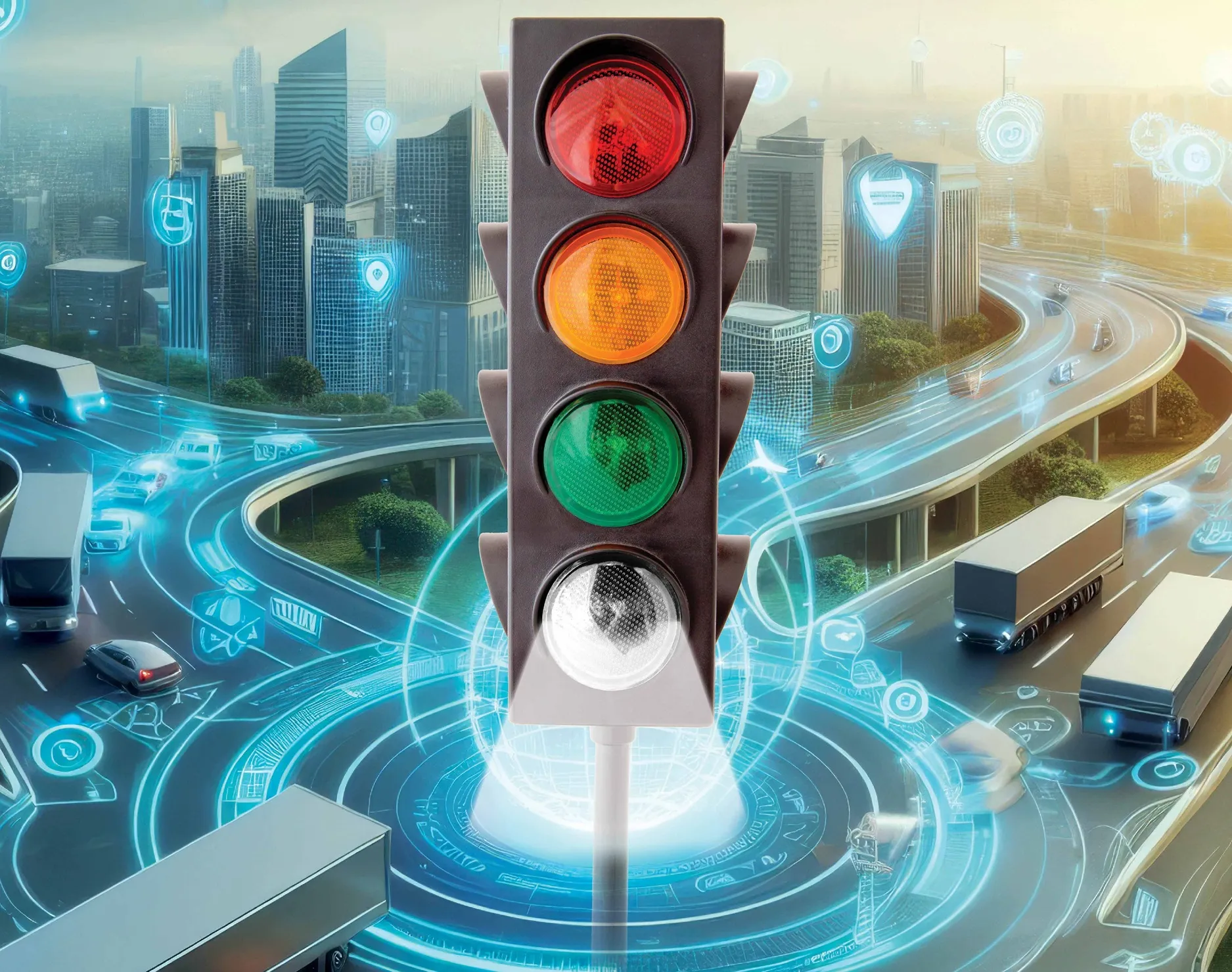Brigade Electronics has been awarded the Quiet Mark for its white sound reversing alarms (bbs-tek) which only sound in the immediate danger area, preventing noise nuisance associated with old-style beeping alarms. White sound reversing alarms are the only reversing alarm to receive the award and work effectively at much lower decibel ratings than old style beeping alarms, which cause a huge noise nuisance to local residents. With white sound alarms the sound is contained in the immediate danger area so peo
April 19, 2012
Read time: 2 mins
RSS4065 Brigade Electronics has been awarded the Quiet Mark for its white sound reversing alarms (bbs-tek) which only sound in the immediate danger area, preventing noise nuisance associated with old-style beeping alarms.
White sound reversing alarms are the only reversing alarm to receive the award and work effectively at much lower decibel ratings than old style beeping alarms, which cause a huge noise nuisance to local residents. With white sound alarms the sound is contained in the immediate danger area so people only hear it where it matters, unlike tonal alarms which can be heard at an area thirty times greater than the hazard zone. Brigade Electronics says this prevents workers from becoming de-sensitised to the warning sound and tuning out or switching them off, making them the safest reversing alarms on the market.
Quiet Mark is the international mark of approval from the5031 Noise Abatement Society encouraging companies in the development of noise reduction within the design of everyday appliances. To gain Quiet Mark accreditation, products are compared like for like and are deemed to be quieter than their peers by the 5032 Association of Noise Consultants.
White sound reversing alarms are the only reversing alarm to receive the award and work effectively at much lower decibel ratings than old style beeping alarms, which cause a huge noise nuisance to local residents. With white sound alarms the sound is contained in the immediate danger area so people only hear it where it matters, unlike tonal alarms which can be heard at an area thirty times greater than the hazard zone. Brigade Electronics says this prevents workers from becoming de-sensitised to the warning sound and tuning out or switching them off, making them the safest reversing alarms on the market.
Quiet Mark is the international mark of approval from the










